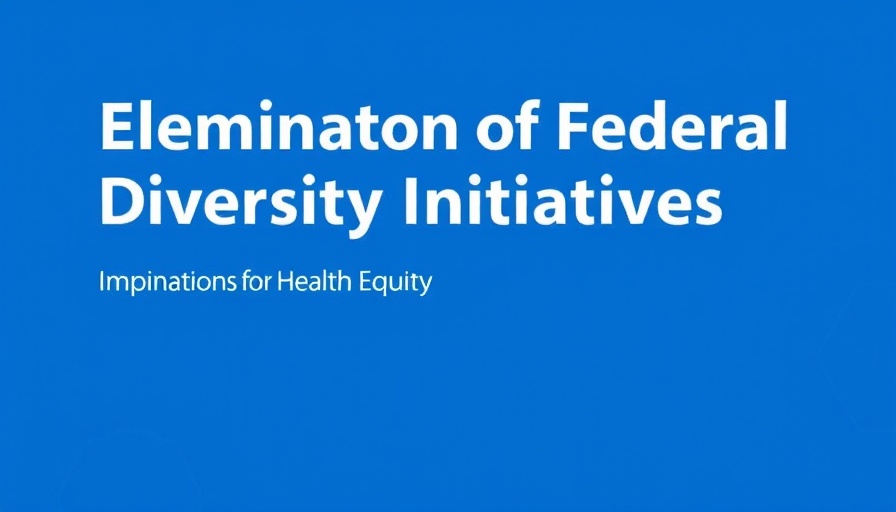
The Impact of Diversity Program Eliminations on Health Equity
In a move that raises concerns about health equity, the Trump administration has taken steps to eliminate federal diversity, equity, inclusion, and accessibility (DEIA) initiatives. As these programs are designed to build more inclusive environments and address historic inequities, their removal threatens to reverse progress made in combating health disparities, particularly for racial and ethnic minorities.
What DEI Initiatives Were Aimed At Achieving?
DEI initiatives were created to ensure that underrepresented groups have equal access to opportunities. They aimed to address systematic barriers that certain populations face, especially in health care. These include better hiring practices, more equitable funding allocations, and thorough assessments of health disparities based on race, gender, and other factors. Without these frameworks, the ability of federal agencies like the CDC and HHS to identify and mitigate disparities may be severely hindered.
Potential Consequences for Underserved Communities
The termination of DEI strategies could lead to a noticeable decline in job diversity in federal positions, especially within health-related fields. This is particularly troubling as a less diverse workforce may not fully understand or prioritize the unique health needs of all communities. Marginalized groups often suffer disproportionately from preventable diseases, and a workforce lacking in diversity may overlook critical health issues faced by these populations.
Understanding the Broader Implications
While the discussion particularly highlights racial disparities, it is important to note that these initiatives also aimed to address issues of gender and sexual orientation. The elimination of these programs can broaden the gap in health equity across various dimensions, impacting women and LGBTQ+ individuals as well. Revoking these efforts sends a troubling message about the federal government's commitment to combating inequality.
Looking Forward: A Call to Action for Advocacy
As citizens, it's vital to engage in conversations about health equity and advocate for policies that promote inclusivity. This can be done through community outreach, participation in local events, and supporting organizations focused on minority rights. Understanding the implications of these removals empowers individuals to push back against policies that may harm the fabric of our diverse society.
The elimination of these federal diversity initiatives raises numerous questions about the future of racial health equity. As we move forward, advocacy and community activism can make a significant difference in ensuring that the well-being of every citizen is prioritized.
 Add Row
Add Row  Add
Add 




Write A Comment